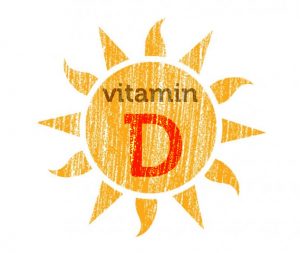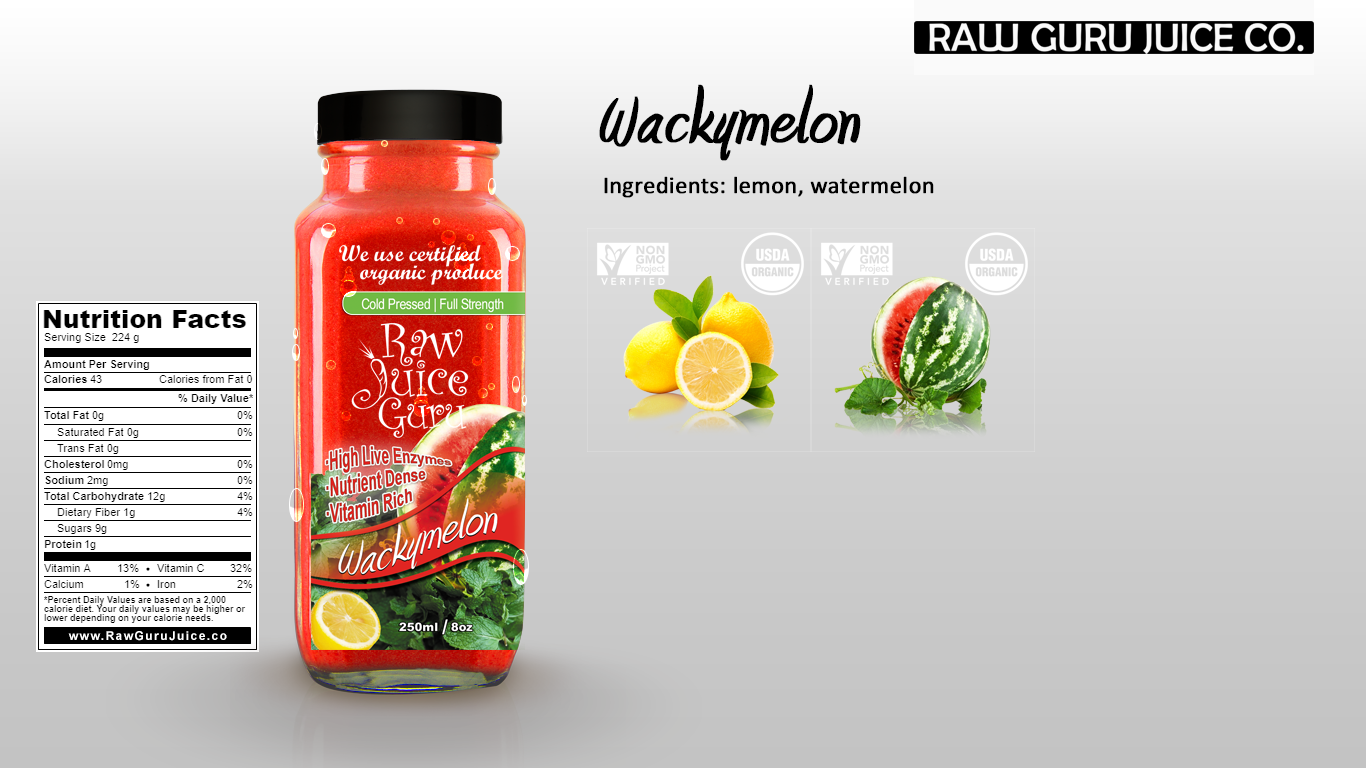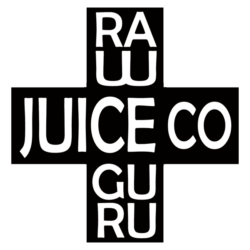 The gut, our second brain. Now recognized by many health practitioners to be the root cause of disease, and where healing starts.
The gut, our second brain. Now recognized by many health practitioners to be the root cause of disease, and where healing starts.
Science has now recognized why gut health is so important, and it’s called the microbiome. The microbiome is filled with beneficial bacteria that have a vital link to health and disease, and can be influenced by your diet and lifestyle. We are 10 times more microorganisms than we are human cells, and the majority of them are found in the microbiome. Here are 7 habits that might be affecting the health of your microbiome and harmful to your gut.
1. Poor Diet
What and how you eat influences your microbiome’s health. If you eat a diet that is rich in nutrition and easily digestible, you will feel energetic and alive because your microbiome is thriving. If you eat a processed diet containing bad fats and high in sugar, and you eat it in 2 minutes while rushing out the door, you will most likely have poor absorption of the little nutrition in the foods, be acidic, feel tired and sick, and your microbiome will flourish with bad bugs.
Follow a few of these tips in your diet to improve your gut health:
• Remove processed foods
• Eat an alkalized diet full of greens
• Eat live foods such as sprouts, as they contain live enzymes and beneficial bacteria
• Limit sugar, as sugar fuels the bad bacteria.
• Increase your fiber from whole food sources such as beans, vegetables, and gluten-free
grains
• Remove foods that aggravate the gut e.g. dairy, gluten, MSG)
• Chew your food to improve digestion
2. Antibiotics and Medications
With our first line of help when we are sick being the local doctor, we are prescribed antibiotics for common illness such as earaches and even viruses without knowing the repercussions. Antibiotics kill good and bad bacteria, as do most pharmaceutical medications. If you take daily medication, or antibiotics more than once a year, you will need to replenish your good bacteria through fermented foods and probiotic supplements.
3. The Oral Contraceptive Pill (OCP)
A daily dose is needed to have the effect. However, over time it wreaks havoc on your gut. The OCP depletes your B12, folate and zinc levels, and kills off beneficial bacteria. Now think of 10 years of taking the pill, and how good your gut might be thereafter! A break from the pill, or focusing on a gut-healthy diet will help support long-term use if you must remain on the pill.
4. Alcohol
Alcohol kills off the good bacteria in our gut, changes the ecosystem of our digestion, and also increases acidity. Alcohol furthermore increases intestinal permeability, meaning foreign agents and partially digested food enter through the gut and create an immune response that leads to inflammation. Intestinal permeability also means less nutrient absorption, thus causing a lack of vital nourishment to the cells in your body.
5. Obsession with Cleanliness
Have you got a hand sanitizer in your handbag or an antimicrobial hand wash at every sink in the house? Well, the overuse of antibacterial and antimicrobial agents might not actually be doing you good. Over-sanitization causes a lack of exposure to the bugs that help create immunity.
6. A Diet Low in Fermented Foods
Where do we get our good bacteria? Well, at birth we are exposed to them when we come through the vaginal birth canal, and then again from breast milk. After this time, we need to eat our bacteria in the form of fermented foods. If your diet is lacking yogurt, kefir, kombucha, sauerkraut, or miso, you could be missing some of the most important foods for your microbiome to thrive well and most likely need to increase these foods to make sure you are replenishing your vital beneficial bacterial.
7. Stress
When we stress, blood rushes away from our digestive tract and goes to our vital organs to help fuel us if we need to fight or flee. The digestive response is not needed if we are to fight a tiger, so it partially shuts down. Long term stress means a lack of blood supply to your digestive tract and also a lack of gastric secretions, leading to poor gut health. To combat the effects of stress, try taking a few deep breaths, deep in your belly, to reverse the stress response.
 Vitamin D is making the headlines more and more – barely a week goes by without another study linking to a reduced risk. Research has linked the vitamin to a reduced risk of depression, breast cancer and colds and chest infections.
Vitamin D is making the headlines more and more – barely a week goes by without another study linking to a reduced risk. Research has linked the vitamin to a reduced risk of depression, breast cancer and colds and chest infections.


 The gut, our second brain. Now recognized by many health practitioners to be the root cause of disease, and where healing starts.
The gut, our second brain. Now recognized by many health practitioners to be the root cause of disease, and where healing starts.  33 percent of us meet the recommendation for fruit consumption, and fewer than 30 percent of adults eat the recommended servings of vegetables.
33 percent of us meet the recommendation for fruit consumption, and fewer than 30 percent of adults eat the recommended servings of vegetables.